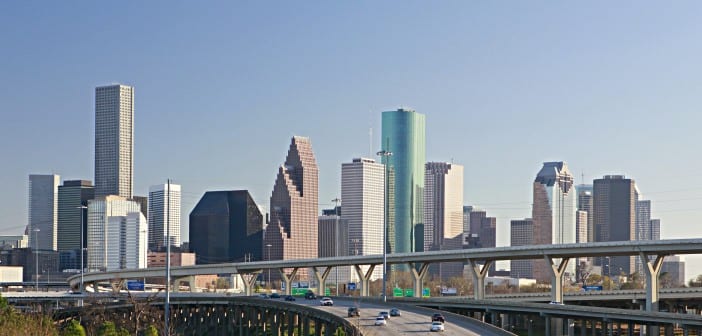In 2014, Texas Right to Life shared excerpts from the account of an “abortion doula” who shared a story entitled, My Year as an Abortion Doula. Abortion doulas accompany women to their abortion appointments and distract, talk to, or hold the hand of a woman as she undergoes the physically painful and emotionally harrowing procedure.
The concept of abortion doulas is obscure. Doula literally means “handmaid” in Greek, and traditionally doulas have helped women through the painful but life-giving process of birth by assisting them as they labor. Doulas are maternal support persons whose job is to ease the physical toll of the birthing process as much as possible by tending to the woman and her laboring body’s changing needs. Abortion doulas, as far as accounts convey, provide less physical assistance and more emotional reinforcement for women struggling with the decision to abort their children.
A relatively new group in Texas aims to recruit and train abortion doulas. “Cicada Collective” targets people of color and gay/lesbian/bisexual/transgender/queer (GLBTQ) individuals to participate in abortion doula trainings, and appears to focus especially on providing “services” to the same community. In October, they are coming to Houston.
On October 22nd and 23rd, the group will conduct an abortion doula training where attendees will be “exposed to a training curriculum that centers [sic]the reproductive autonomy and experiences of queer& [sic]trans people of color.” The training is slated to take place at The Montrose Center on Houston’s Branard Street. “[P]articipants should plan for a full weekend,” according to the application.
And if applicants have no experience with pregnant women whatsoever, “do not worry!” says the application. “This training is appropriate for all those interested in work concerning reproductive justice and autonomy, regardless of experience.” But Cicada Collective training attendees may not realize what awaits them within the walls of the abortion mills to which they will go. In her aforementioned account, Alex Ronan describes her first day as an abortion doula:
The resident begins to perform the procedure as the attending barks commands. “Pull,” she says, “harder.” The body does not want to let go. The resident will not stop. It strikes me as strangely similar to birth, only the opposite word and a different outcome. Pull. Pull. Pull. What’s called the products of conception bucket is mostly filled with bloody gunk. I make out a doll-size arm, fist curled. It feels like I shouldn’t look, but I can’t turn away.
After the abortion, the attending fishes through the bucket to make sure everything is out. The doctors finish but the bleeding doesn’t. They have to cut into Dee’s abdomen to get a clearer picture of what was going on. I watch in awe as they pull back the skin. I’ve never seen a body like this, bright and wide open. Eventually, they have to remove the uterus; there isn’t any other way.
Indeed, abortion is a heart-wrenching, inhuman act with reverberating effects on society – and shockwaves felt most keenly by those directly involved. No amount of conflation with natural birth or semantic sanitization can alter the reality that abortion is violence – on women, on preborn children, and on everyone involved.

